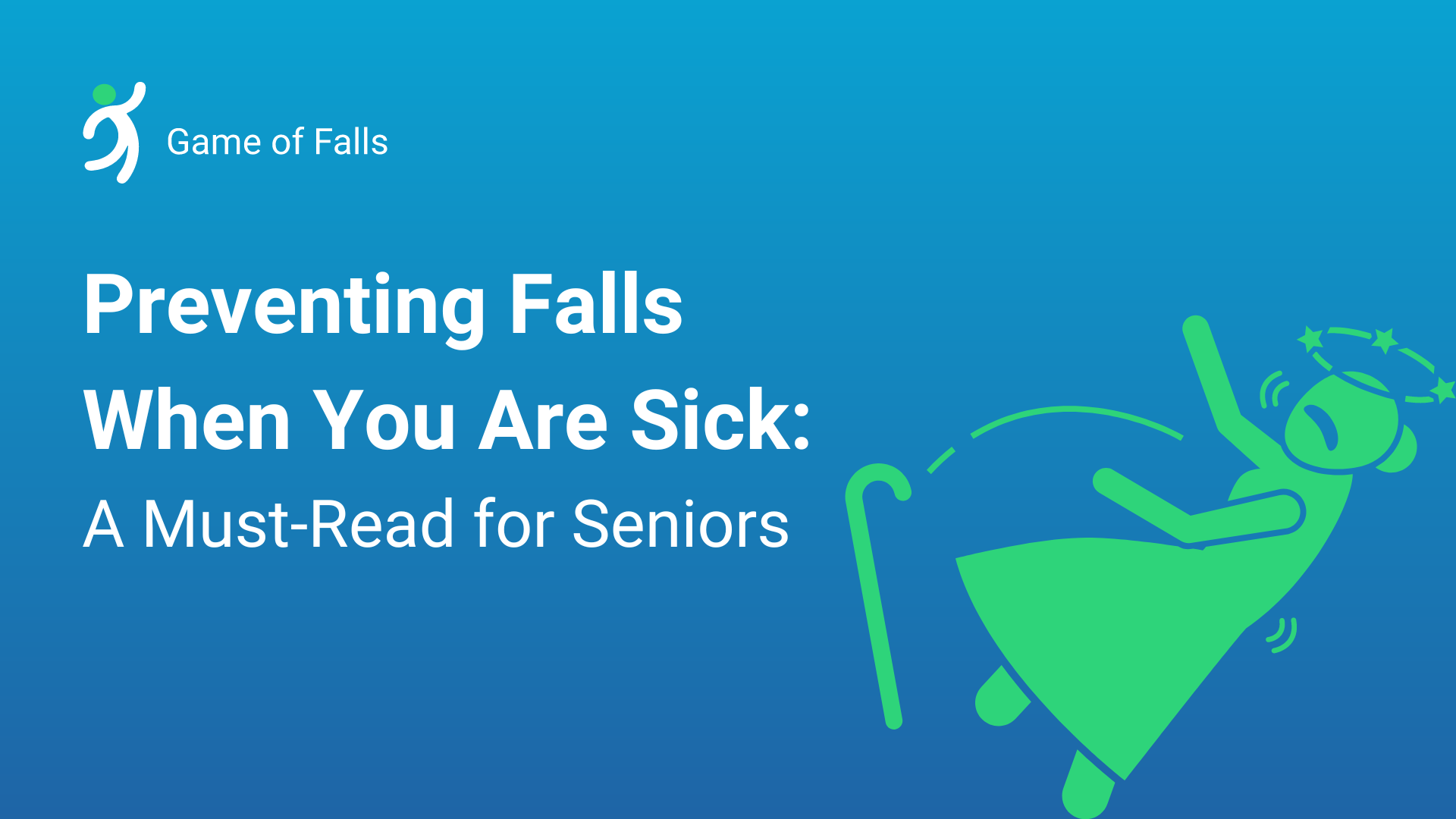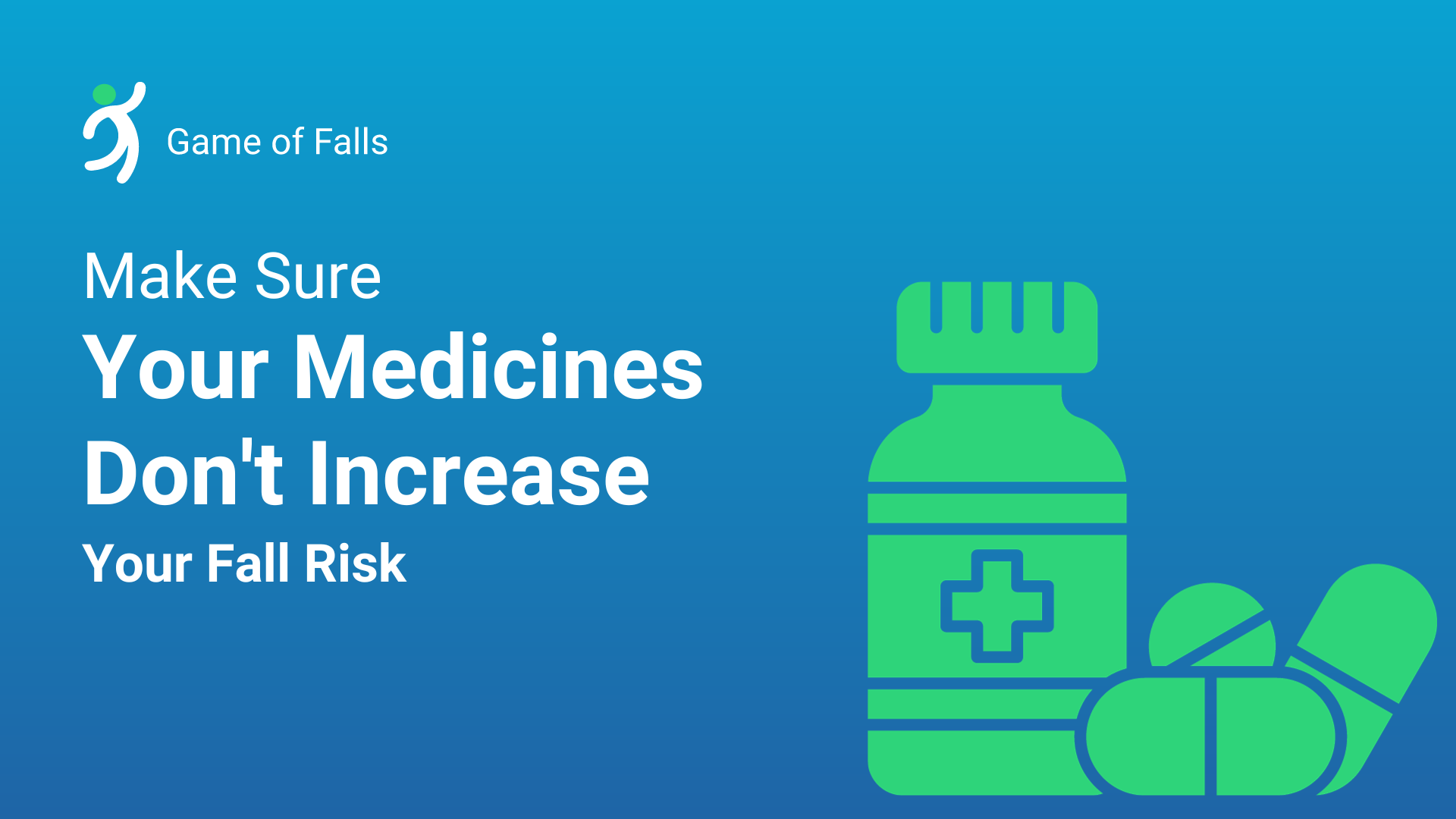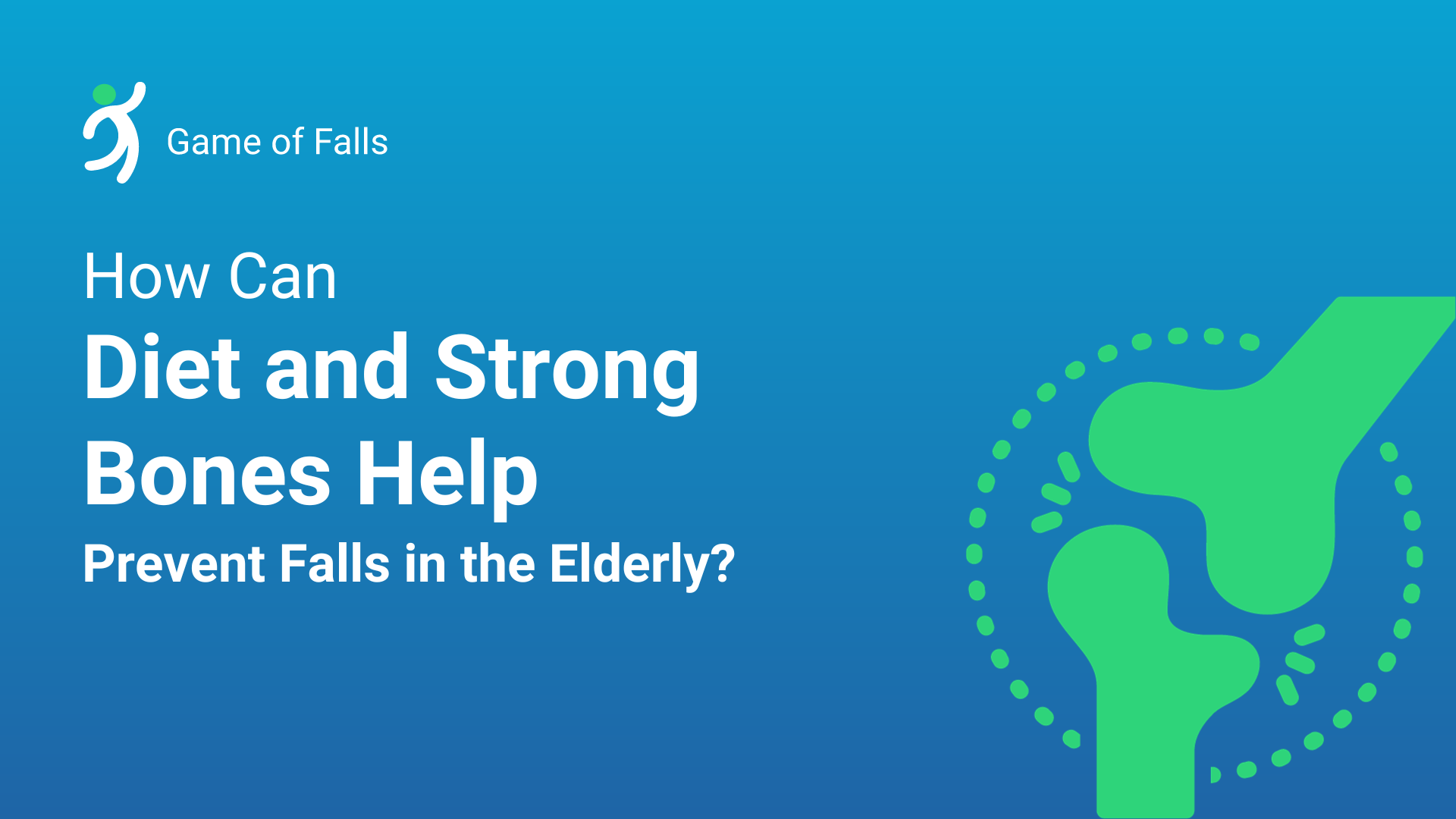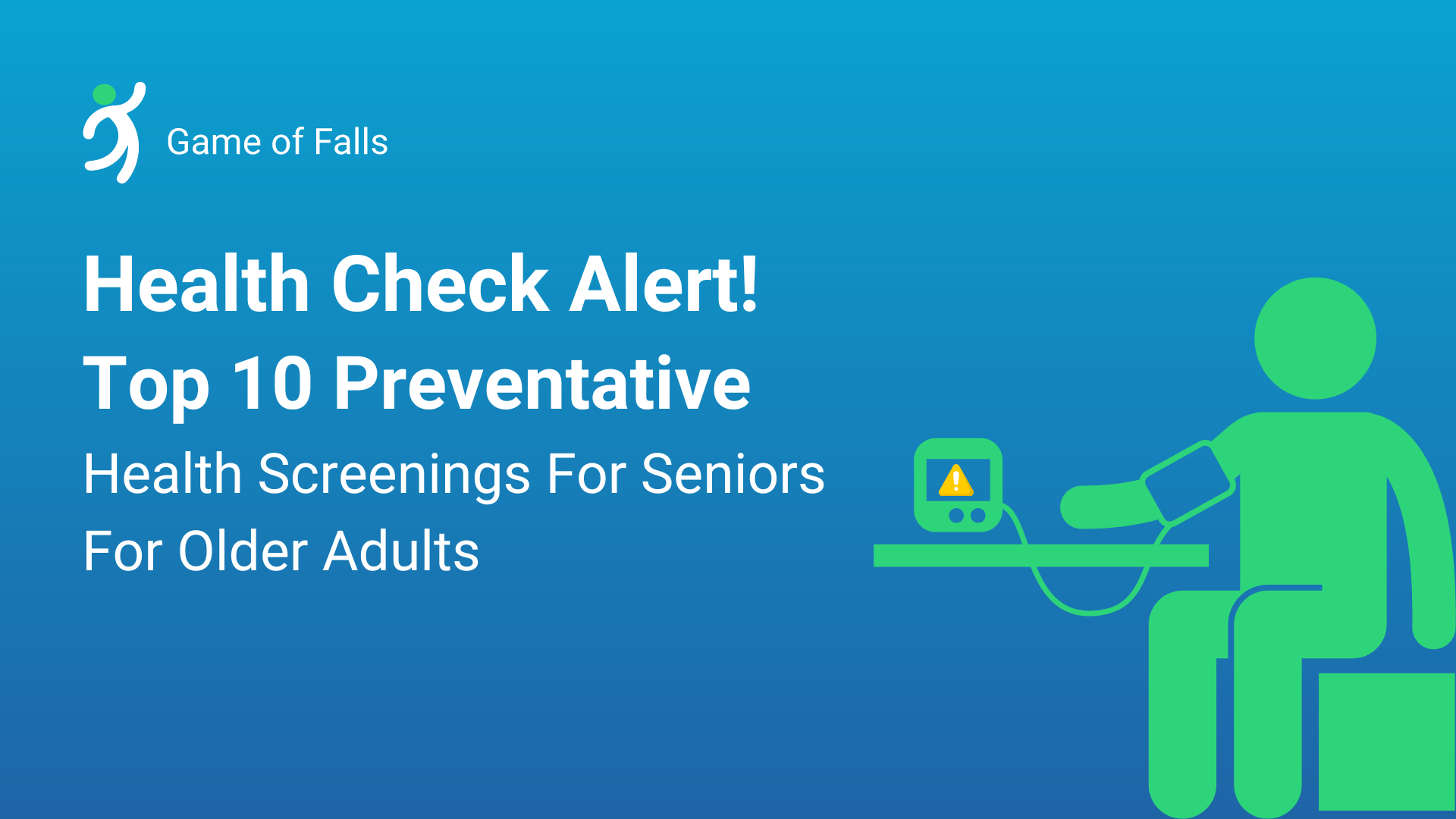
Have you considered that growing older might mean getting better, so long as you nurture the one body you’ve been given? Staying active is a dynamic part of aging, and a key aspect of that is utilizing preventive health screenings to catch problems early.
The good news is that Medicare and most health plans cover these tests, so costs shouldn’t deter you. What are the preventive measures for seniors? Or, you may wonder what tests should be done at age 65 or above. This blog is your roadmap to understanding which preventative health screenings for seniors can be lifesavers as you navigate the later years with dignity and vigor.
The Importance of Preventative Health Screenings for Seniors

What is primary prevention for the elderly? Preventive health care is non-negotiable, particularly as you get older. In our senior years, our bodies often become more delicate and susceptible to the impacts of medication side effects. Moreover, the natural aging process can gradually deteriorate sensory functions, such as eyesight and hearing, coupled with potential declines in cognitive ability, manual dexterity, and balance.
Pervasive conditions like arthritis or heart disease further complicate daily living by imposing barriers to simple acts of self-care and meal preparation. The mental health of seniors can be equally affected by conditions like depression or Alzheimer’s disease. These factors make senior wellness programs and health checks a necessity!
- Preventive health care helps override, or at least minimize the risk of these factors through the power of early detection – a consistent schedule of health screenings, laboratory tests, vaccinations, and wellness counseling.
- Most insurance plans, including Medicare, cover preventive screenings, and doctors can guide you to free or low-cost options if necessary on preventative care.
So, what medical tests do I need at 75? Let’s dive in!
Must-Have Health Screenings for Seniors
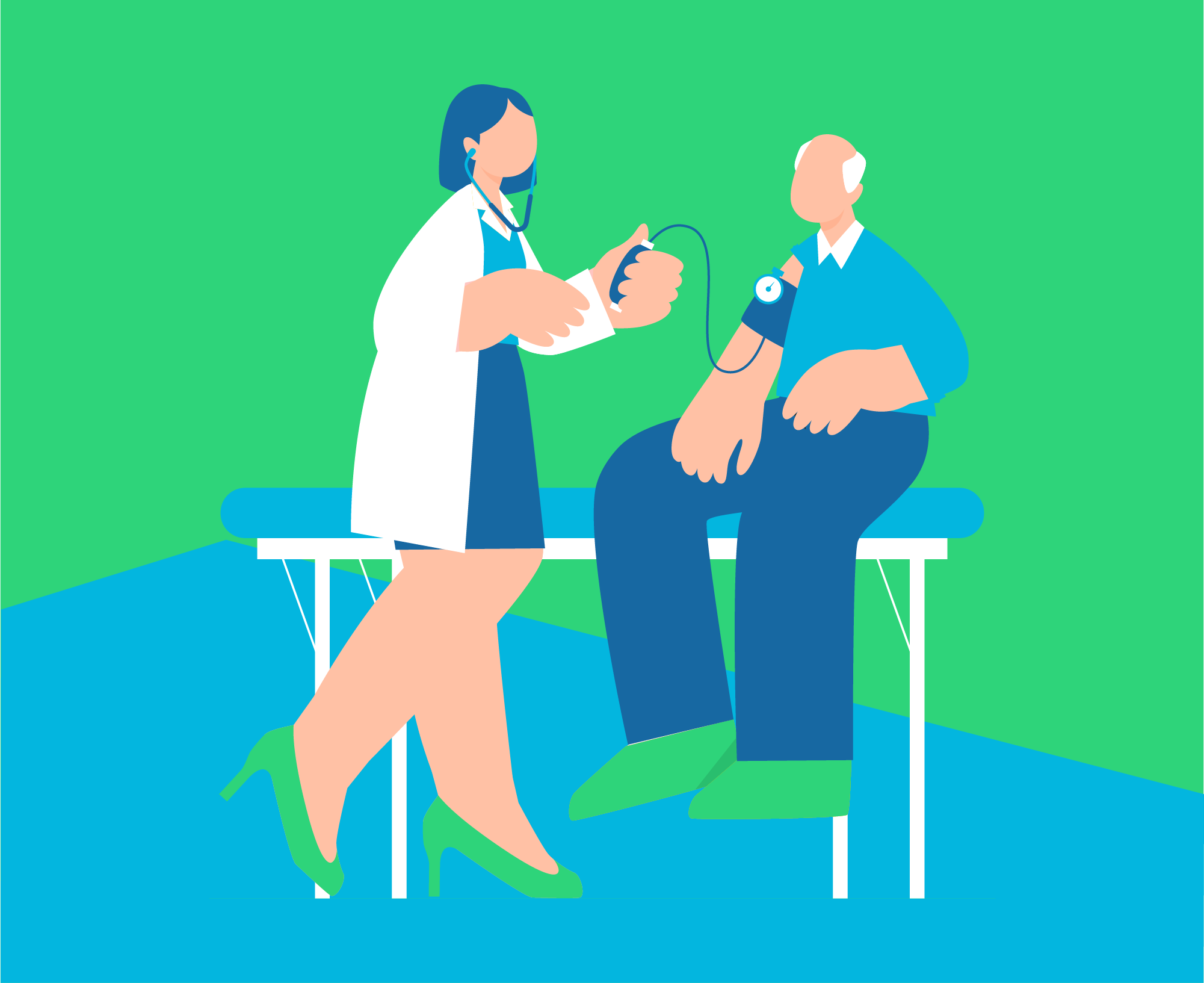
Here are the must-have preventative health screenings for seniors:
High Blood Pressure Check
A silent killer indeed, it’s hard to tell when high blood pressure can lead to a heart attack, stroke, and even kidney complications. It’s vital to monitor it because it often increases with age and can go unnoticed for years. If your blood pressure is well within limits, annual checks work well along with senior health and medication management, but higher readings may call for more frequent visits to the doctor.
Prevention Tips:
- Embrace a low-sodium diet
- Engage in regular physical activity
- Manage stress to maintain healthy blood pressure level
Colon Cancer Screening
Colon cancer claims countless lives, climbing the ranks to the third-leading cause of cancer deaths in the U.S. Once you turn 45, recommended screenings can range from colonoscopies every ten years to annual fecal occult blood tests, sigmoidoscopies every five years, or other sophisticated tests like multi-targeted stool DNA testing and CT colonography. These tests aren’t just diagnostic; they can also be preventative, as they allow for the removal of precancerous growths.
Prevention Tips
- Integrate a fiber-rich diet
- Limit red and processed meats
- Maintain a healthy weight for improved colon health.
Cholesterol Screening
Cholesterol can silently damage your heart, yet a simple blood test, conducted every 4 to 6 years after age 20, can spell the difference between good health and heart disease—the leading cause of death in the U.S. As you hit your 50s, it becomes even more critical as your heart disease risk elevates. Preventative care and physical activity are required so consult your physician on what you can do to prevent cholesterol problems.
Prevention Tips
- Opt for a diet low in saturated fats
- Increase fiber intake
- Consider plant sterols to help manage cholesterol levels.
Bone Mineral Density Scan
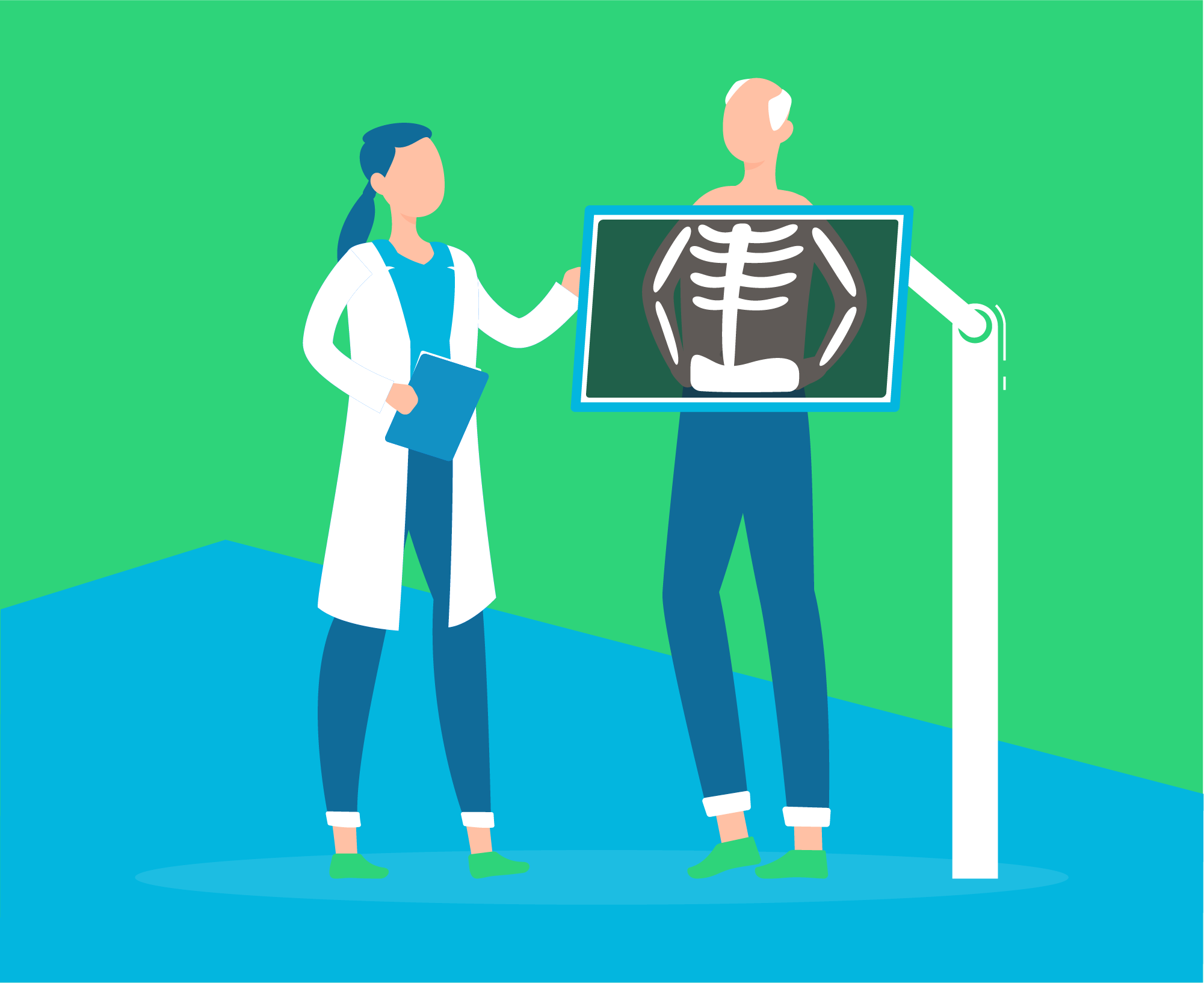
Osteoporosis sneakily weakens your bones, but a screening at age 65 for women, or earlier if at high risk, can alert you to take action. Men are also encouraged to undergo this scan by age 70 or earlier if they have risk factors. Routine check-ups and fall prevention help steer clear from preventable trips and mishaps.
Prevention Tips
- Ensure adequate intake of calcium and vitamin D
- Perform weight-bearing exercises
- Make staying flexible fun with interactive exercises like Game of Falls
- Avoid smoking and excessive alcohol consumption
Abdominal Aortic Aneurysm Screening
Especially recommended for men aged 65 to 75 who have a history of smoking, this ultrasound can detect an enlarged blood vessel in the abdomen—a ticking time bomb that could be defused with timely surgery.
Prevention Tips
- If you smoke, seek help to stop
- Keep an eye on blood pressure
- Check cholesterol to minimize risk factors
Depression Screening
Your emotional health is as valuable as your physical well-being. Depression isn’t a part of aging; it’s a treatable condition. So top screenings for mental health in seniors is a must! Simple questionnaires or conversations with your doctor can determine if you’re experiencing depression, and if so, get you the help you need.
Prevention Tips
- Stay socially active
- Engage in regular exercise
- Consider mindfulness or meditation to support emotional well-being
Diabetes Screening
With a staggering number of undiagnosed diabetes cases in America, regular checks are crucial. Uncontrolled diabetes can lead to devastating complications, so knowing your status allows you to prevent or manage these risks effectively.
Prevention Tips
- Maintain a balanced diet
- Perform regular exercise
- Maintain a healthy body weight to reduce the risk of diabetes
- Also, check for nutrition screenings for older adults
Immunizations
Vaccinations aren’t just for the young. An annual flu shot is recommended for all individuals over six months, while other vaccines, like those for pneumonia, become important for those over 65 or with specific health conditions.
Prevention Tips
- Hand hygiene is key
- Avoid exposure during peak seasons can be crucial in conjunction with vaccinations
Stay Healthy in Your Golden Years!

Our golden years should be a time of enjoyment, not just survival. With the preventive health screenings we’ve highlighted and your healthcare provider’s guidance, you can step confidently into a future that promises more cherished moments and fewer health worries. Think of it this way: preventive screenings are not chores but opportunities—an annual subscription to a healthier, longer life.
As flu season turns up the dial, one question often comes to mind: Why does the flu hit older adults so hard? It’s a perfect storm where senior flu prevention becomes key since their natural aging nudges immune systems into a less active state, amplifying the impact of flu symptoms. For caregivers, ensuring flu season […]
Confidence is a crucial ingredient in living a fulfilling and independent life, especially for seniors. So, what happens when an event like a fall shakes the very foundation of a person’s confidence, particularly in the elderly? After a fall, it’s natural for seniors to feel vulnerable and apprehensive about engaging in their everyday activities. Fear […]
Did you know that the medicines meant to ensure your health could also increase your chances of a fall? It’s a startling thought, but true for many older adults. As we age, we often become, rather ironically, a walking pharmacy. With every pill we swallow to keep our health conditions in check, there lies an […]
The adage ‘You are what you eat’ holds even more significance as we age. Age related bone loss is a continuous process and can result in osteoporosis. Around 10 million individuals over the age of 50 in the US are living with osteoporosis, and an additional 34 million are at risk of developing the disease. […]

